On Wednesday, The New York Times reported that former New England Patriots tight end Aaron Hernandez had chronic traumatic encephalopathy (CTE). According to Harvard Medical School, CTE is known to cause cognitive difficulties, mood disturbances, and violent behavior. Hernandez was convicted of first-degree murder in 2015 for the death of Odin Lloyd, a semi-pro football player who had dated the sister of Hernandez’s fiancee, and was serving a life sentence. Last April, Hernandez was found dead in his cell by apparent suicide.
CTE has been linked to head trauma, and recent research from neuropathologist Dr. Ann McKee found after studying 111 brains of former NFL players, all but one had the degenerative disease. According to Hernandez’s lawyer, Jose Baez, his case of CTE was “the most severe case they had ever seen in someone of Aaron’s age.” Hernandez was 27 at the time of his death. Baez is looking to sue the NFL and the New England Patriots on behalf of Hernandez’s 4-year-old daughter.
Neuropathologist Dr. Bennet Omalu believes that CTE was a direct cause for Hernandez’s violent behavior. Omalu was the first to discover and publish findings of CTE and was the subject of the 2015 Will Smith film “Concussion.” “There is no question in my mind that CTE drove Aaron Hernandez to suicide and other criminal and violent behavior,” he told TMZ Sports. “If you read my book ‘Truth Doesn’t Have a Side’ you will encounter the chapter titled ‘I Bet My License OJ Simpson Has CTE,’ therefore, it should not be surprising that Aaron Hernandez eventually committed suicide.”














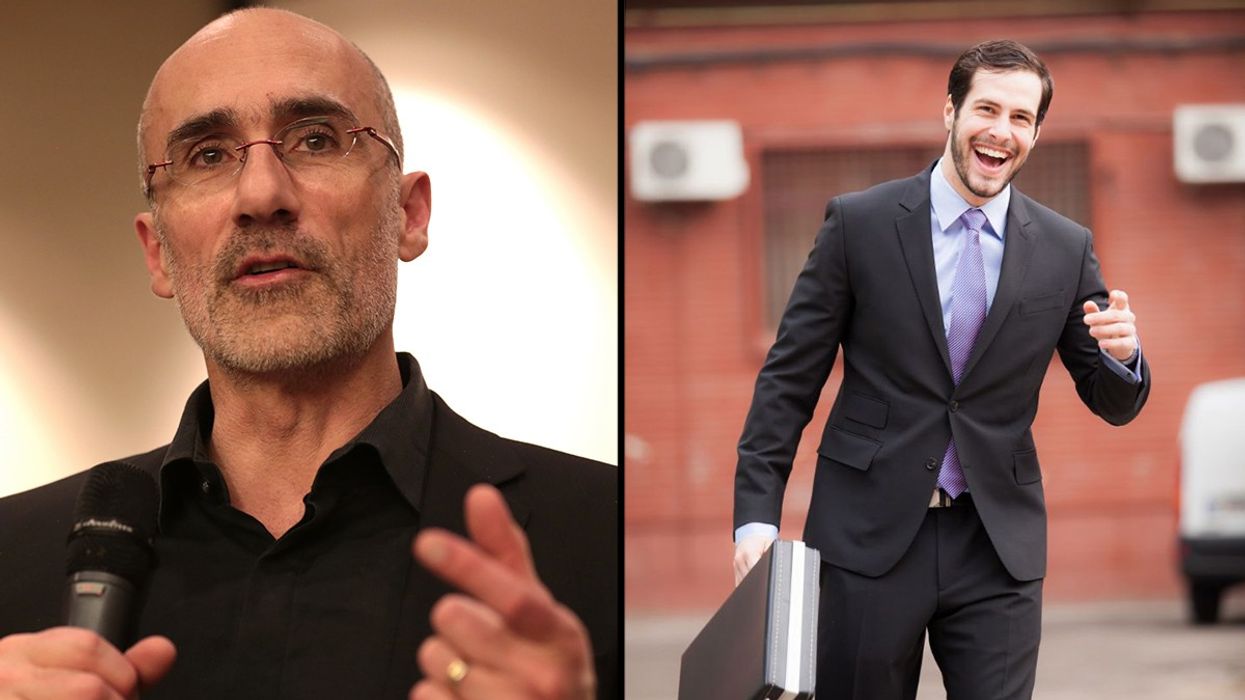

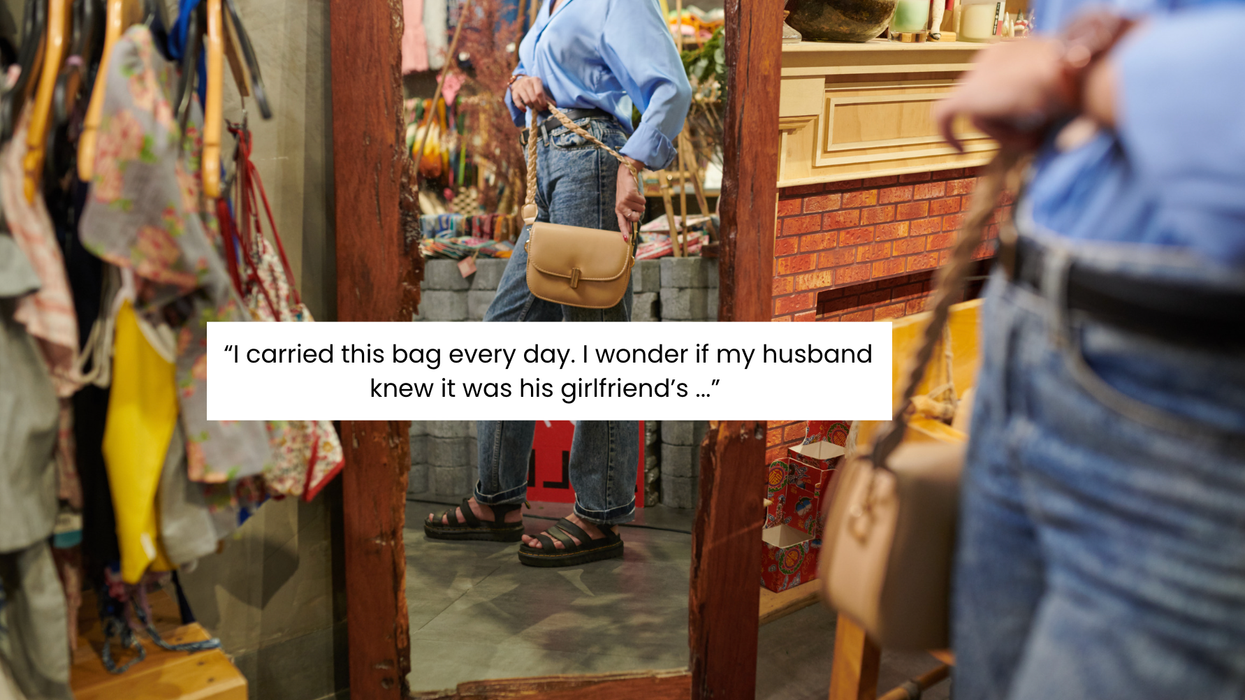
 Two women shop at clothing storeCanva
Two women shop at clothing storeCanva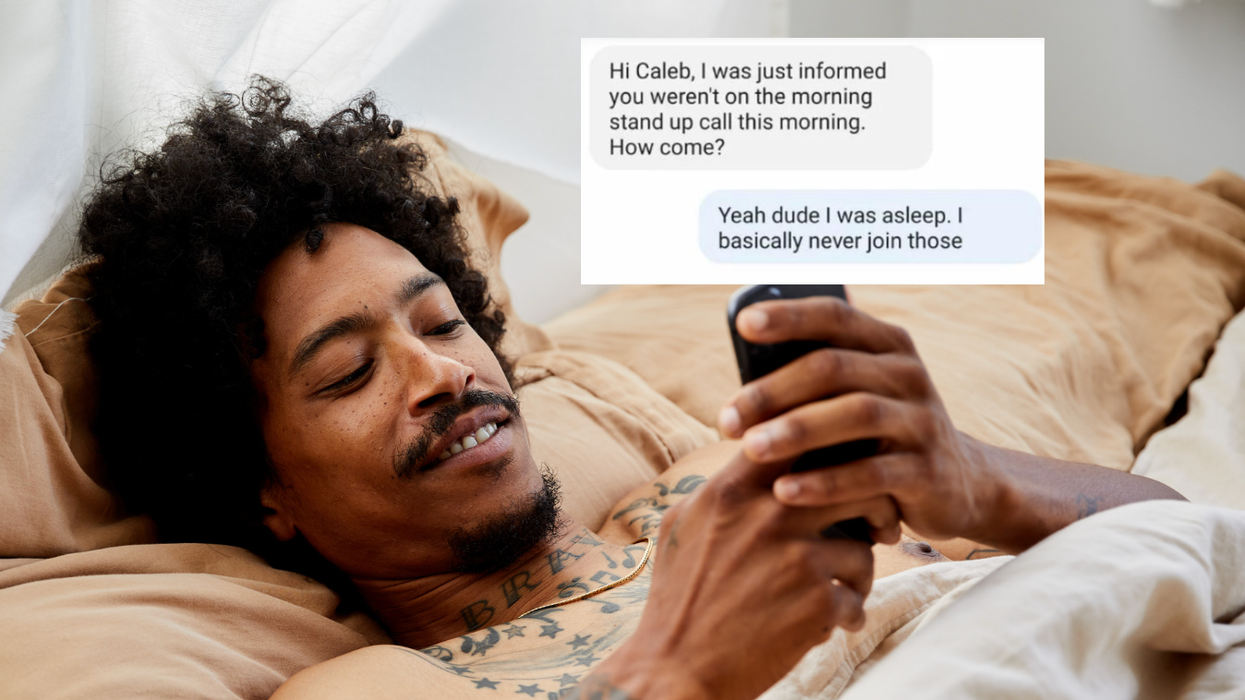

 "I'm watching you..."
"I'm watching you..."  Reddit |
Reddit | 
 A woman conducts a online color testCanva
A woman conducts a online color testCanva A selection of color swatchesCanva
A selection of color swatchesCanva A young boy takes a color examCanva
A young boy takes a color examCanva 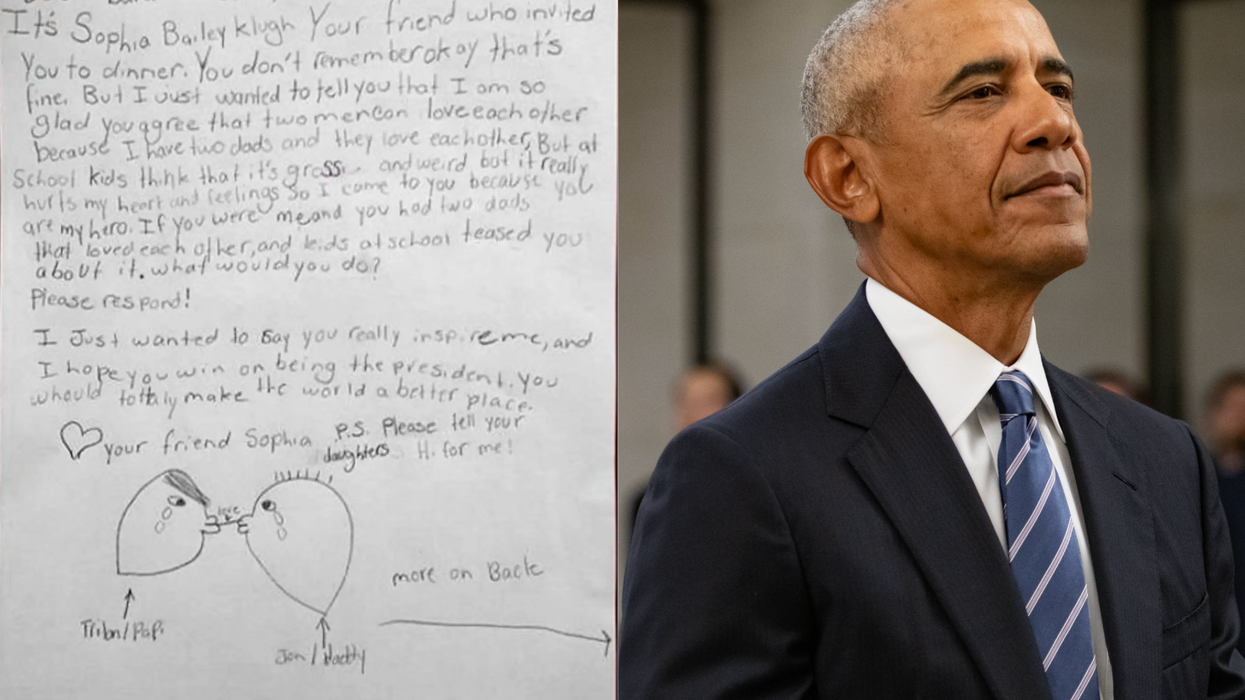
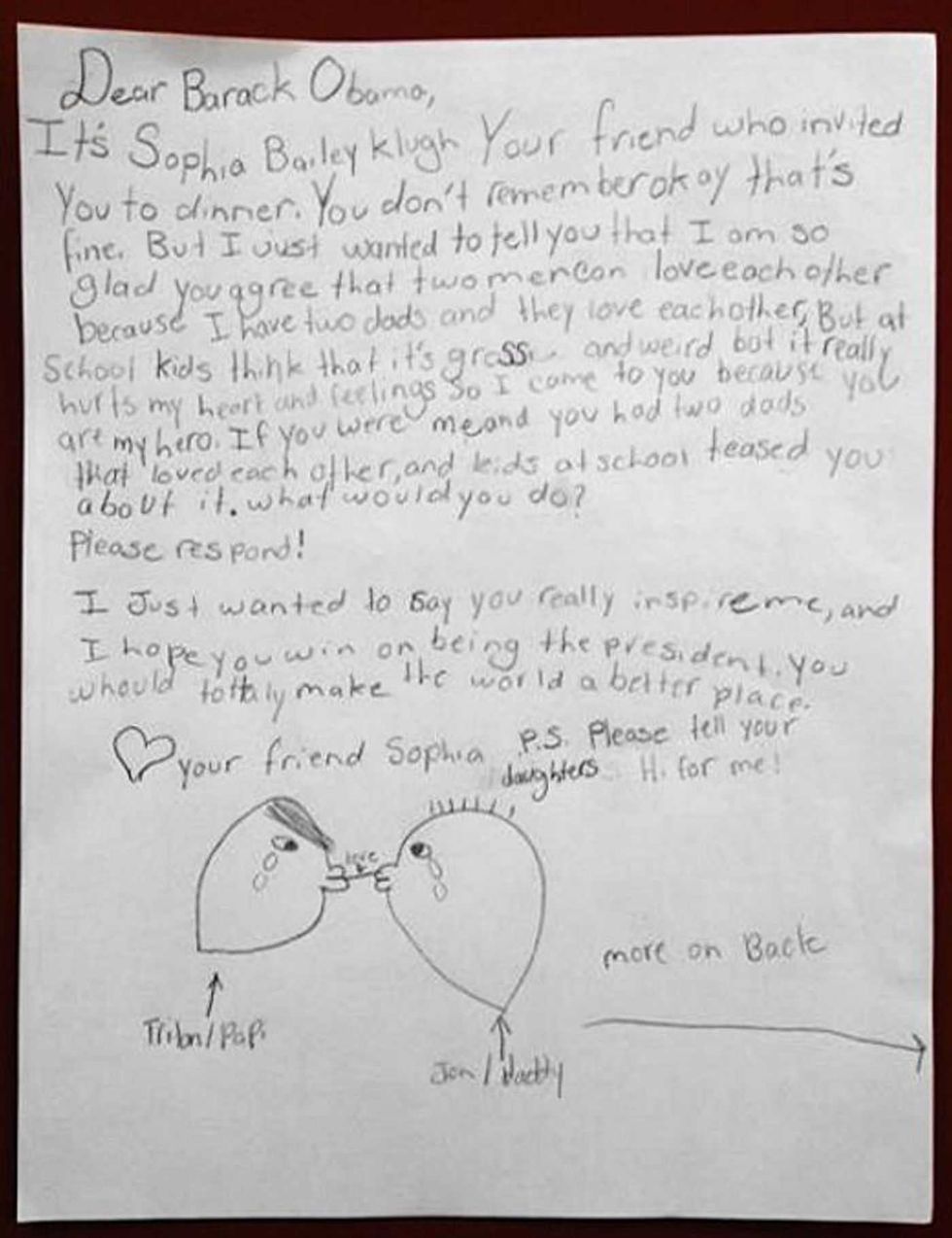 Copy of Sophia's letter to President Obama
Copy of Sophia's letter to President Obama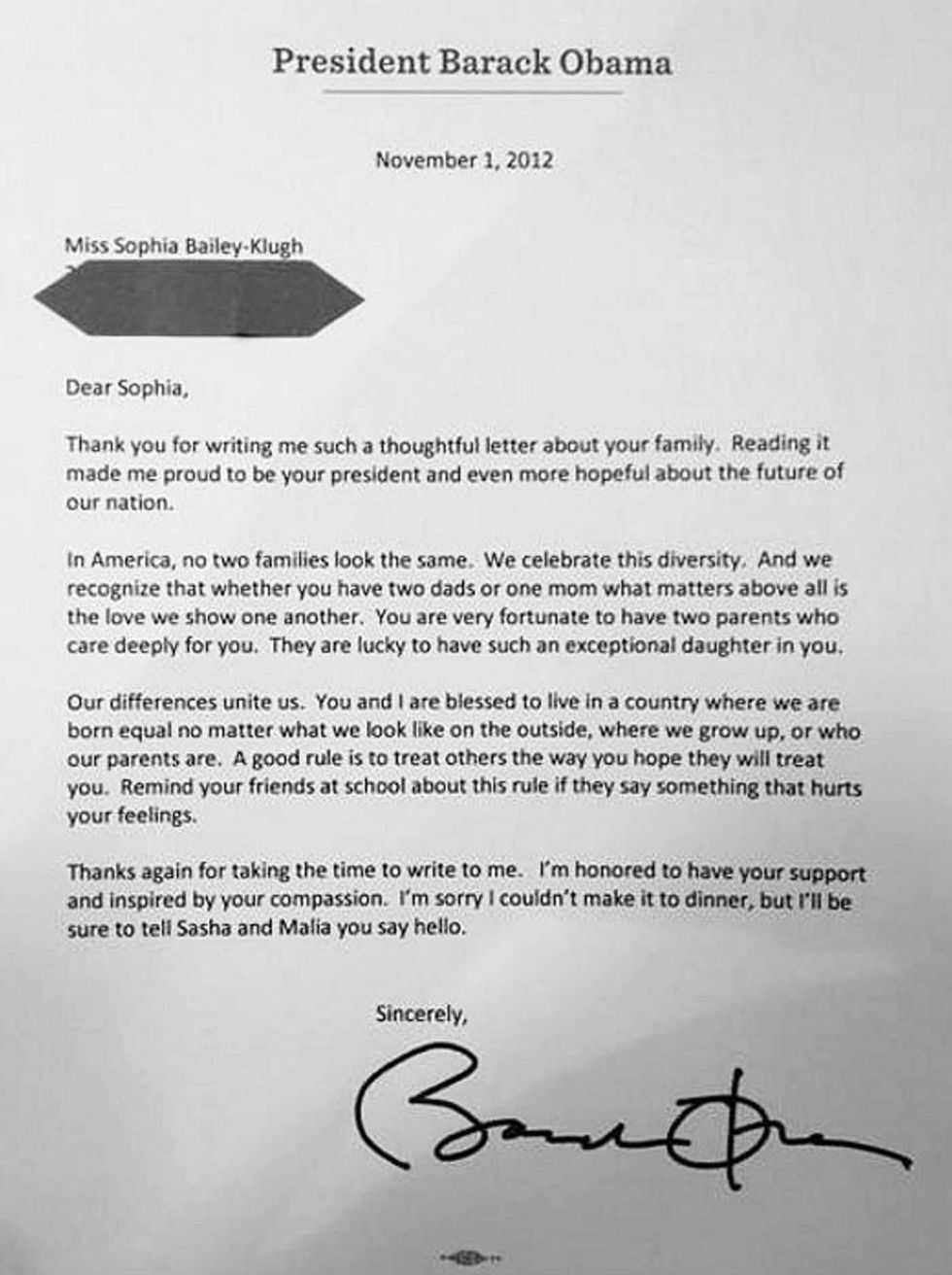 Barack Obama's letter to Sophia
Barack Obama's letter to Sophia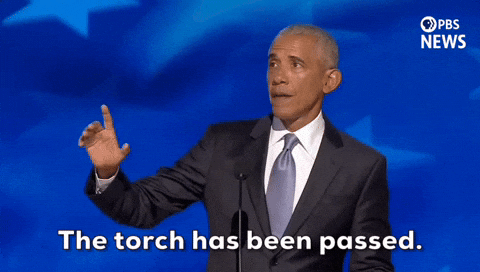 Gif of Obama saying "The torch has been passed" via
Gif of Obama saying "The torch has been passed" via 
 A mom is very angry with her sonCanva
A mom is very angry with her sonCanva Gif of two women high-fiving via
Gif of two women high-fiving via 
 Representative Image: Accents reveal heritage and history.
Representative Image: Accents reveal heritage and history.  Representative Image: Even unseen you can learn a lot from an accent.
Representative Image: Even unseen you can learn a lot from an accent.